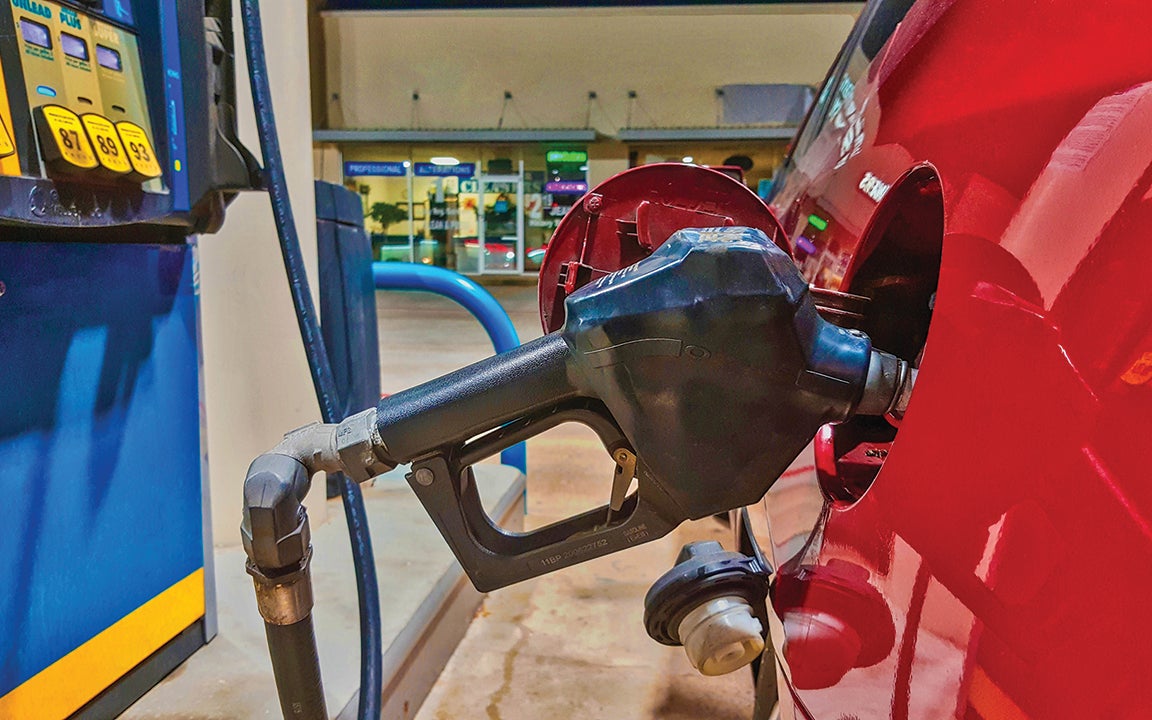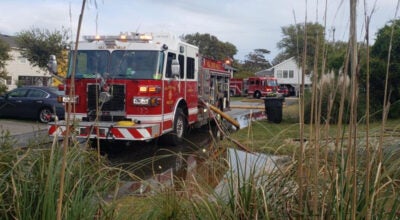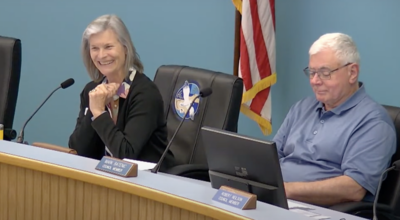KDH Appearance Commission sets 2018 campaigns
Published 1:50 pm Sunday, February 4, 2018
Members of the Kill Devil Hills Community Appearance Commission met Jan. 25 to re-elect officers and discuss two important topics that impact the community.
During one important function of the day Sue Kelly and Natalie Painter were re-elected to their respective chair and vice chair positions. Then, of equal importance, was setting the group’s meeting schedule.
With the number of meetings adjusted annually in relation to the amount of work expected or planned, in 2017 Commission members decided to cut back the number of meetings from one each month to only five or six throughout the year.
For 2018, however, Commission members plan to take on cigarette butts and plastic bags. With two large projects in front of them, monthly meetings were back on the schedule with dates set for Feb. 22, March 22, April 26 and May 24. Meetings begin at 8:30 a.m. and are generally completed by 10 a.m.
“We can decide on the summer meetings when we get closer to the summer season,” said Kelly.

SUE KELLY was re-elected chair of the Kill Devil Hills Community Appearance Commission at the Jan. 25 meeting. At that meeting Commission members discussed how the problem of discarded cigarette butts and how best to respond to the North Carolina Legislature’s recent removal of a plastic bag ban. The commission meets again Feb. 22. (P.S. Ruckle Jr. photo)
Looking at cigarette butts as more than just an unsightly litter problem, the seven-member Commission spent most of the January meeting trying to focus on how best to reduce the number of discarded butts or eliminate them entirely. According to Kelly the issue of discarded cigarette butts has been discussed at several previous meetings as well as incorporated into past Trash Attack programs.
“Butts can be a big project,” explained Kelly, “That’s because it’s an education project on what those butts really contain and how nasty they are.”
Studies have shown that cigarettes not only contain several thousand chemicals including a number of toxic ingredients such as arsenic, acetone, mercury, lead and formaldehyde, discarded butts are often left to leach those toxic chemicals into the environment and eventually contaminating our water.
Not a small scale problem, cigarette butts often rank at or near the top of any list of the most commonly discarded items. Depending on the source of information, anti-smoker or anti-cigarette groups claim an estimated 4.3 trillion discarded cigarette butts worldwide account for an estimated 1.69 billion pounds of toxic trash annually.
It’s also a problem that does not just go away. Although a typical cigarette butt can take anywhere from 18 months to 10 years to decompose, because cigarette filters are made with plastic fibers composed of cellulose acetate, a non-biodegradable material, it can take those cotton-like filters can take 25 years or more to disappear.
On hand for the January meeting to share another potential butt problem, Kill Devil Hills Fire Chief Troy Tilley explained that cigarette butts can and do pose a significant fire threat.
According to Tilley some 22 percent of fires in Kill Devil Hills are from cigarette related events.
That’s a significant number,” commented Kelly. “Not only are butts an enormous environmental and health problem but it is an economic burden to clean them up.”
According to a 2009 study more than $11 billion are spent annually in the U.S. cleaning up cigarette butts.
Working with a significantly smaller budget, Kelly said one of the Commission’s next steps will be to focus on how best to proceed with its cigarette butt campaign.
“We will probably raise some money to help with butt cans, clean up, and with education,” Kelly explained. “That would likely be through grants and business sponsors who have indicated an interest in helping.”
Moving to the second issue of the day, Commission members devoted some of the remaining meeting time discussing how to overcome the North Carolina legislature’s recent removal of a plastic bag ban.
Kelly encouraged Commission members to continue thinking on the bag issue prior to the February meeting.
“We’re going to do them both,” advised Kelly. “We are just in the early stages but we want to get rid of both cigarette butts and plastic bags.




